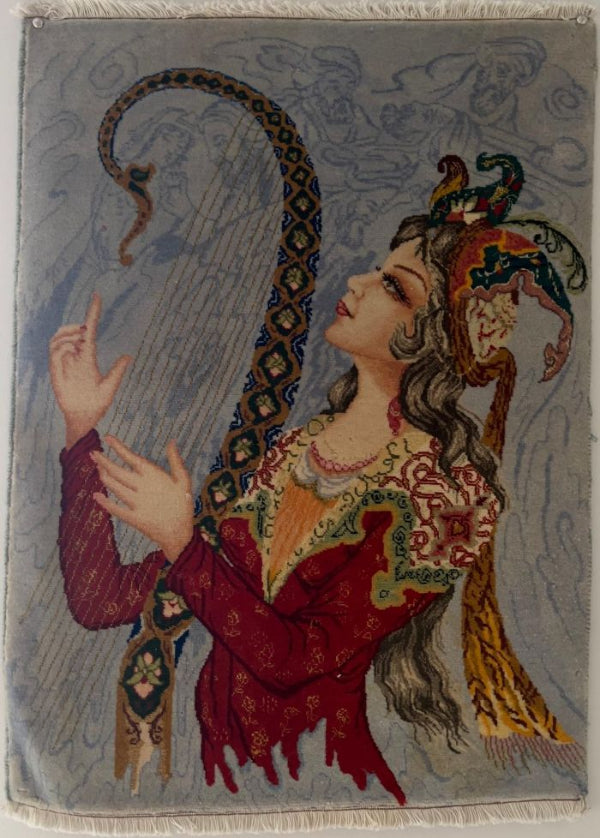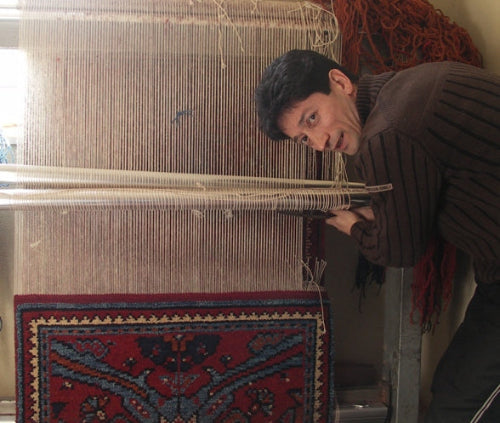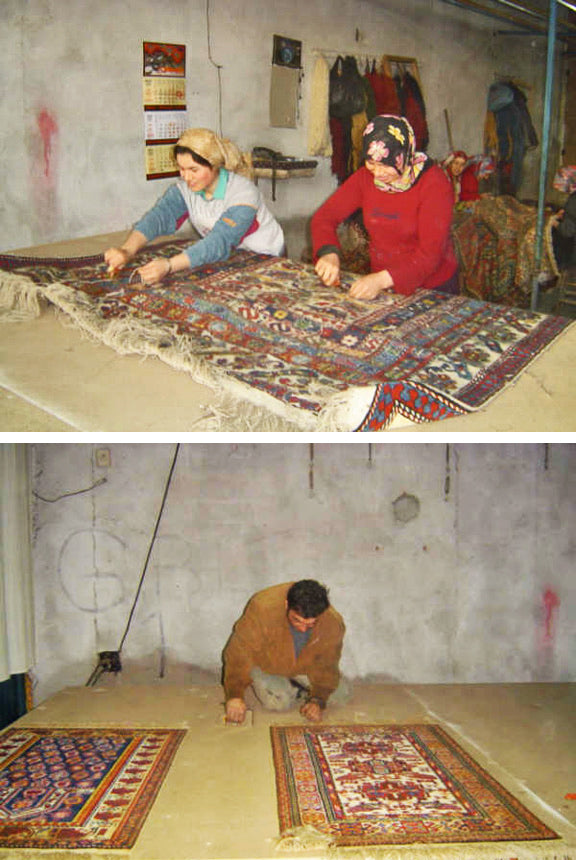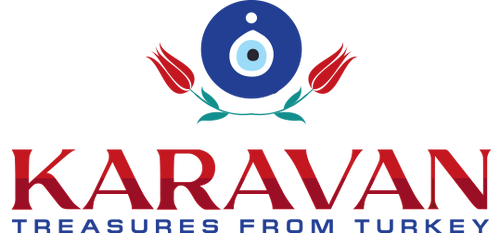
The Story of Karavan
As the founder of Karavan, I was raised in a coastal town on Türkiye’s Black Sea. At 17, I relocated to Istanbul, a city that immediately captivated me. I was fortunate to work with a visionary leader in the antique and contemporary carpet industry, who was also a successful banker and London School of Economics graduate. He needed a reliable manager due to his multiple ventures.
Although I had no prior experience in carpet weaving—coming from a background focused on fishing and hazelnut trading, I had a strong entrepreneurial drive from a young age, even finding unique ways to earn money as a child, like collecting snails for export. During my time in Istanbul, I connected with collectors and scholars worldwide, including Dr. Harold Böhmer, who contributed to reviving traditional vegetable dyeing in Türkiye. On one of his explorations in northwest Türkiye, he found villagers still practicing ancestral dyeing methods using madder root. Sent by my mentor, I traveled there to learn from Ahmet Balci, a local master of this traditional craft. After gaining extensive knowledge of dyes, hand-spun wool, and authentic carpet identification, I was invited to the United States by Prof. Henry Glassie and a leading company in the field. Despite arriving without English skills, my expertise opened new opportunities. After moving from Philadelphia to support my partner’s PhD & complete my own studies, we launched Karavan with the assistance of close friends. Later on, our move to Annapolis, Maryland, inspired expansion into other Turkish cultural artifacts, such as handmade lanterns, jewelry, and pottery.
Following the devastation caused by hurricanes Helene and Milton in 2024, I closed my St. Armand’s Circle store and shifted Karavan entirely online,focusing primarily on authentic Turkish lanterns and antique, vintage and new handmade carpets and kilims.

History of Weaving Styles
These rugs are crafted using mostly vertical looms, where knots are pulled downward, causing the pile to appear darker when viewed against the knotting direction and lighter when seen from the other side. The contrast varies with lighting conditions. This intricate knotting technique demands a caring touch, which is why these rugs are mostly woven by women while man do sheering, washing, dying & transporting the rugs. Importantly, child labor is never involved with our rugs, particularly with double Turkish knotting—an ancient style practiced by Turkic tribes and Armenians across Central Asia, the Caucasus, and Anatolia. This differs from Persian knotting, developed in the 19th century with Western influence. Historically, Persian rugs also used double knots called Gördes or Turkish knots, but the simpler Persian knot style is now common in regions such as China, India, and refugee camps. Turkey strictly forbids child labor in weaving.

Rug Making
The origins of carpet and kilim weaving—particularly the flat weaving style—are widely recognized as intimately connected to nomadic lifestyles. These textiles were initially crafted for practical daily use: as coverings for earth floors, tent decorations, containers for carrying goods, sacks, salt bags, and various other functional purposes essential to nomadic survival. Over time, these woven pieces evolved beyond their utilitarian roots to become valuable trade commodities exchanged among tribes and communities. Nomads took full responsibility for their textile production, shearing and spinning wool from their own sheep, then washing and dyeing it using natural methods. This hands-on process ensured each weaving was deeply tied to the nomad’s environment and cultural identity. The advent of Silk Road trade routes further elevated the significance of these rugs and kilims. Caravans, (a.k.a. Karavans) transporting goods between East and West treated woven textiles as important merchandise, introducing these exquisite crafts to broader markets and diverse cultures. These carpets not only served as functional items but also as symbols of cultural expression and craftsmanship that bridged distant worlds through trade and interaction.
Be the first to know about new arrivals and exclusive offers by signing up with your email.
